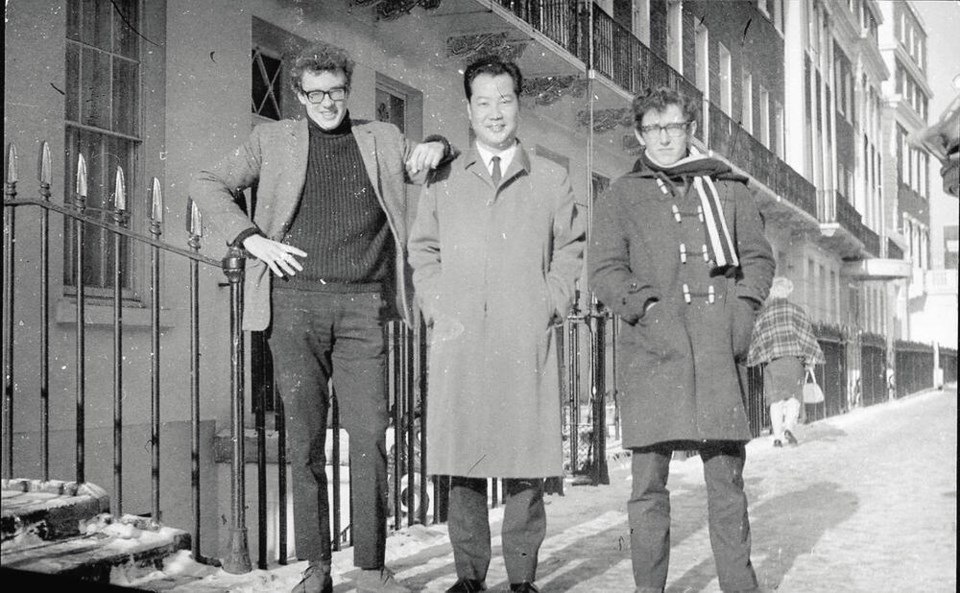Ten years ago, the Times 91‘≠¥¥ published an editorial on preventive health care.
As a public-health physician focused on the health of the population I responded with a commentary in which I praised their focus on prevention but suggested that it did not go far enough.
“Health care,” I wrote, “even preventive health care, is a relatively small contributor to the health of the population. This is because the main determinants of health lie beyond health care, in our communities and in our environmental, social, economic and political systems.”
I also suggested I could write more on this topic and Editor-in-Chief Dave Obee invited me to come in and talk.
The result was this weekly column, which began on Dec. 17, 2014. The deal was sealed with a handshake. We never had a formal contract, and I have been very impressed both with that approach and with the fact that the TC has never once tried to push me to write about something, or not write about something, or even edit my work.
This is my 498th column and I am grateful for the platform the TC has provided me. But even though it has been a lot of fun — and a lot of work — all good things must come to an end.
I have decided that I will stop my columns at the end of the year, soon after I hit the 500 mark.
So in my remaining columns, I want to first look back to the influences that have shaped my thinking and thus this body of work.
Then I will look at what gets in the way of a healthy future for all, and end by laying out an agenda for a healthy future.
This will require the creation of a well-being society that works within planetary boundaries, and at the local level, the creation of healthy One Planet communities.
If you have been a regular reader of my columns, you will know that while I trained in medicine, I later expanded my work to community health, healthy communities, societal well-being, planetary health and governance for health — public health, in short.
Three major shifts in perspective took me there.
Looking back, I realized almost 30 years ago that one major shift in perspective lay in the year I spent in 1966/7 as an 18-year old volunteer teacher in Lundu, a small town in the Malaysian state of Sarawak, before I went to medical school.
Only after I had spent over a decade as an international consultant helping cities and towns around the world learn how to create healthy cities and communities did I realize — when I went back to Sarawak in 1996 — that Lundu was where I first learned that health did not come from medicine alone, but from the community as a whole.
A second major shift in perspective came while I was still a medical student in London. I had started reading a new and somewhat radical magazine, The Ecologist. That made me very aware of the first UN Conference on the Environment, which was held in Stockholm in 1972.
A key conference book told us there is “Only One Earth”, while the Club of Rome told us there are “Limits to Growth”.
But even more important, for me, The Ecologist published a special report for the Stockholm conference, Blueprint for Survival.
In it, they were blunt in stating: “if current trends are allowed to persist, the breakdown of society and the irreversible disruption of the life-support systems on this planet … certainly within the lifetimes of our children, are inevitable.”
That helped me to begin to recognize the health implications of global ecological changes.
A third major shift came when I came to practice family medicine Canada in 1975.
The year before, the federal government’s Lalonde Report recognized that health care was not the most important determinant of health, stating: “future improvements in the level of health of 91‘≠¥¥s lie mainly in improving the environment, moderating self-imposed risks and adding to our knowledge of human biology.”
That helped open my eyes to the importance of looking beyond health care and moved me towards a career in public health.
Dr. Trevor Hancock is a retired professor and senior scholar at the University of Victoria’s School of Public Health and Social Policy



